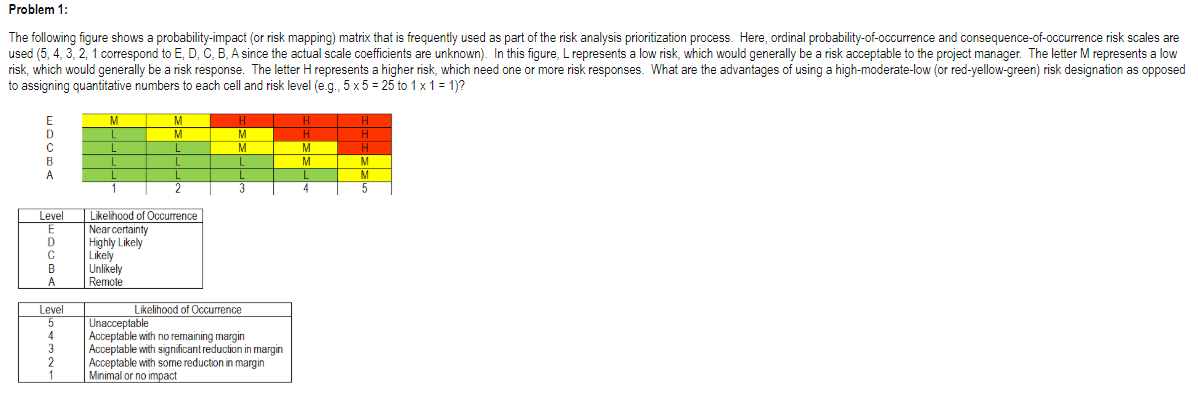

Upfront, professionals opinioned that non-invasive interventions should decrease the general population risk, whereas invasive interventions should decrease the risk in high-risk groups. Second, qualitative assessment of possible additional factors affecting final decisions, that followed from group discussion and guideline development were evaluated. First, professionals' opinion on required performance characteristics on risk were evaluated by a qualitative online survey. A risk matrix showed the probability and impact of an intervention, together with the corresponding risk category.

To improve care outcomes, we developed new guidelines in which care professionals had to decide upon novel interventions and diagnostic thresholds. We evaluated the effect of interventions and diagnostic thresholds on modeled risk, by using the risk matrix approach (RMA) in a clinical guideline development process, and investigated which additional factors affected choices. This combination of probability and impact can be visualized in a risk matrix. However, in daily practice, risk is perceived as the combination of probability and the impact of desired and adverse events. Clinical guidelines are developed to lower risks, mostly viewed upon as probability.


 0 kommentar(er)
0 kommentar(er)
